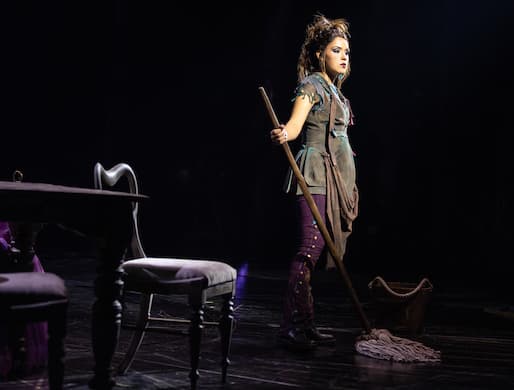
NATO’s Trillion-Dollar Paradox: Why Hitting Two Percent Means Less Than You Think
By HOLLIE McKAY
|The title character in the British composer’s ‘Bad Cinderella’ is a self-described loner, rebel, and ‘freak’ who rejects the harsh standards of beauty imposed in the kingdom of Belleville.

Already have a subscription? Sign in to continue reading

By HOLLIE McKAY
|
By MATTHEW RICE
|
By DANIEL EDWARD ROSEN
|$0.01/day for 60 days
Cancel anytime
By continuing you agree to our Privacy Policy and Terms of Service.